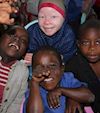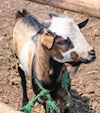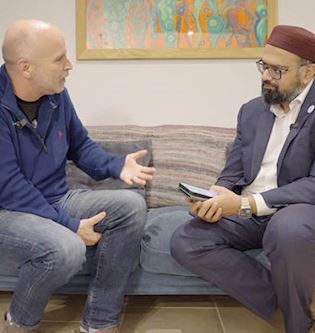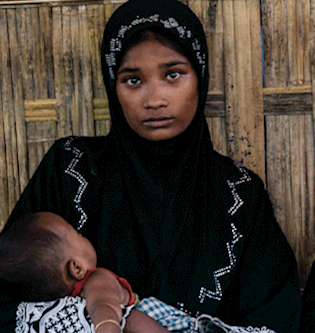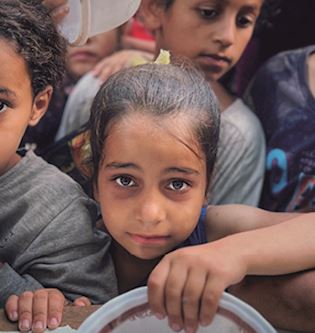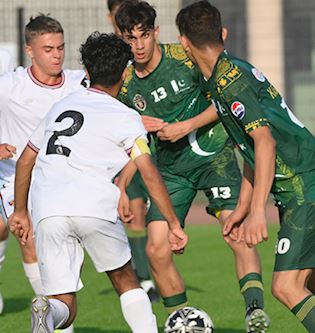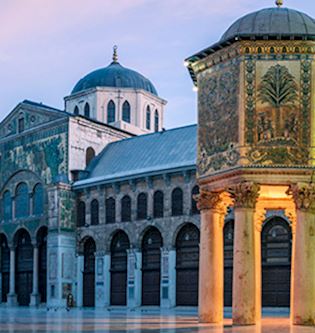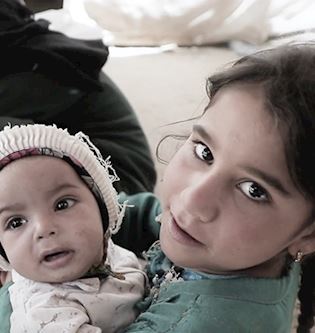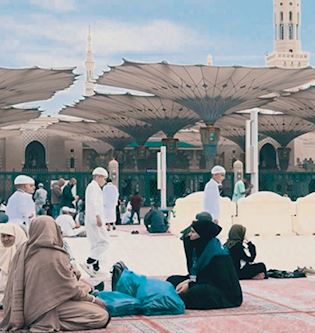Dhul Hijjah
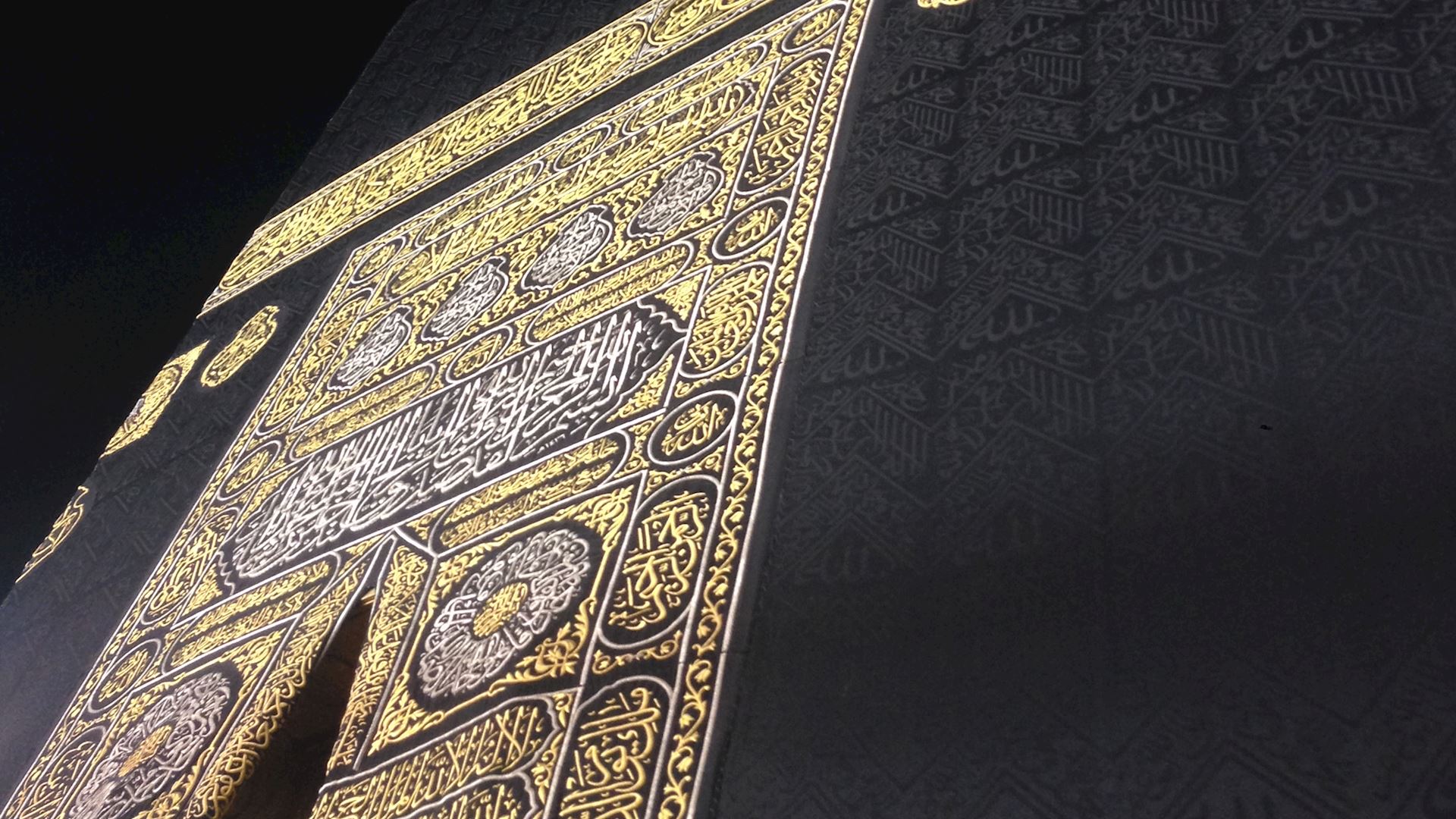
Dhul Hijjah is the twelfth and final month of the Islamic calendar. It is a very sacred month as it marks the time of hajj (pilgrimage). Muslims from all around the world gather together in Makkah to make pilgrimage on the 8th, 9th and 10th of this month. In this short article you can find out more about this special time.
When is Dhul Hijjah?
The exact start date of Dhul Hijjah can only be confirmed with the moon sighting but predicted dates are as follows:
2018: 11th August
2019: 1st August
2020: 22nd July
2021: 12th July
2022: 2nd July
What do we do During Dhul Hijjah?
Dhul Hijjah literally translates to the month of the pilgrimage, but there are plenty of blessed days for the pilgrims and non-pilgrims during this month. These include:
The Day of Arafah
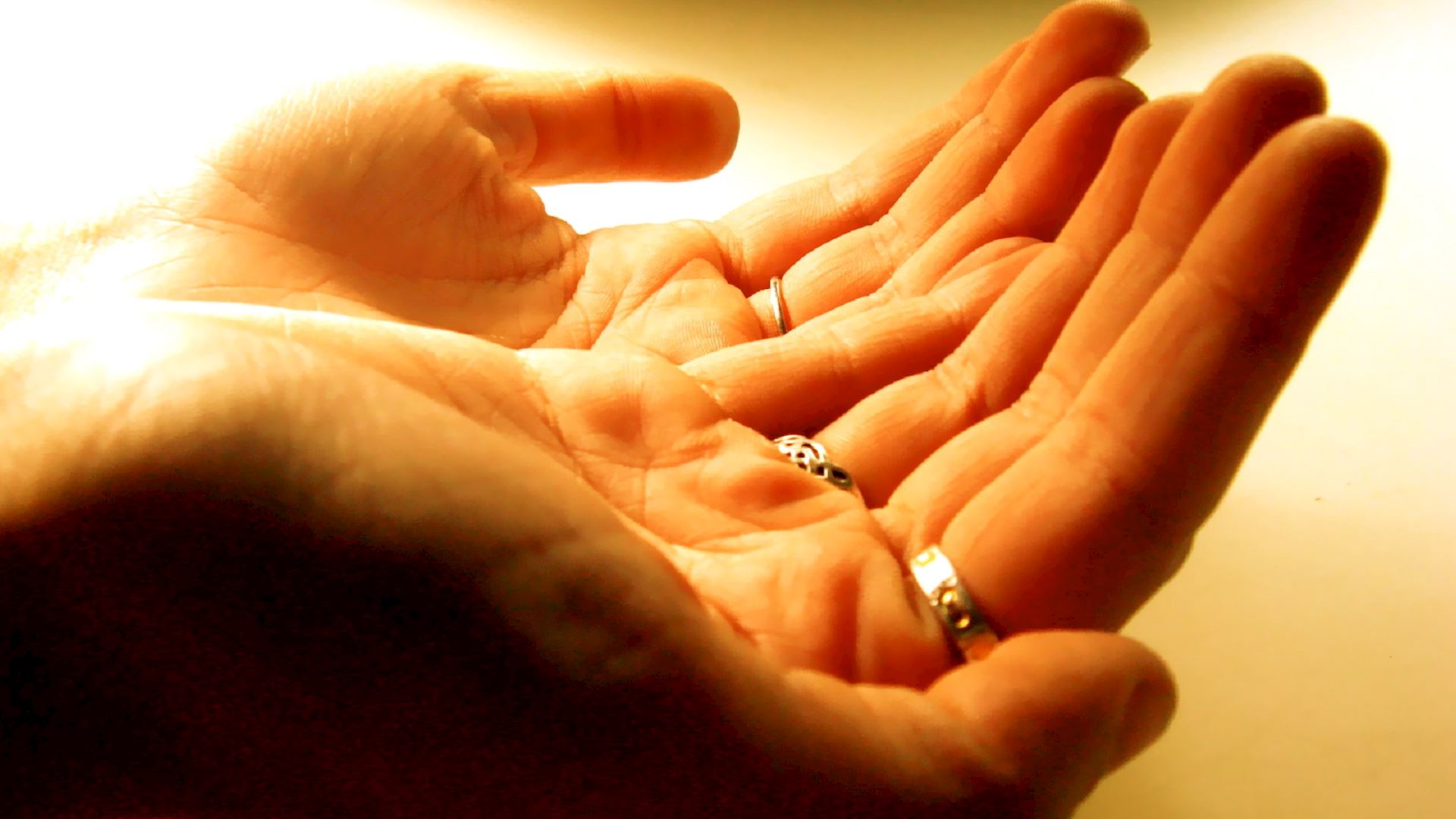
A lot of Muslims fast on the day of Arafah without knowing the significance of it. The day of Arafah is the ninth day of Dhul Hijjah, and it holds many blessings. On this day, pilgrims gather at the mountain plain of Arafah, praying and making du’a. This is the most important ritual of Hajj, so much so that Hajj is deemed incomplete without it. For those of us who are not able to make Hajj, we still have plenty of opportunities to reap the rewards of this blessed day. It is highly recommended for those who are not pilgrims to fast on this day as the Prophet (saw) said ‘It (fasting) expiates the sins of the past year and the coming year’ (Muslim). For the pilgrims in Hajj, fasting is not a must for them as the most important worship on this day is their prayers and the remembrance of Allah. Imam at-Tirmidhi said, ‘The people of knowledge consider it recommended to fast on the day of Arafah, except for those at Arafah’.
It is on this day that Allah frees slaves from the fire more than any other day as told by the Prophet (saw), ‘There is no day on which Allah frees people from the fire more so than on the day of Arafah’ (Muslim). It is also one of the greatest days to ask for forgiveness. For the people who stay in Arafah, Allah descends to the sky and says to the angels, ‘My slaves have come to me, looking rough, from every deep valley hoping for my mercy, so if their sins are equivalent to the amount of sand or the drops of rain or like the foam on the sea I will forgive them. So go forth my slaves! Having forgiveness for what and who you have interceded for’ (at-Tabarani).
The day of Arafah is the day on which the religion was perfected. ‘It was reported from Umar ibn al-Khattab (ra) that a Jewish man said to him, “O Ameer al-Mu’mineen, there is an ayah in your Book which you recite; if it had come to us Jews, we would have taken that day as an Eid (festival)”. Umar said, “Which ayah?” He said, “This day I have perfected your religion for you, completed My favour upon you, and have chosen for you Islam as your religion”. [Quran 5:3] Umar said, “We know on which day and in which place that was revealed to the Prophet (saw). It was when he was standing in Arafah on a Friday”’ (Hakim al-Nishapuri).
The Best Du’a to Make on the Day of Arafah is the Du’a of our Prophet (saw):
La ilaha illallahu wahdahu la shareeka lah, lahul-mulku walahul-hamdu wahuwa ‘ala kuli shay-in qadeer
لاَ إِلَهَ إِلاَّ اللهُ ، وَحْدَهُ لاَ شَرِيكَ لَهُ ، لَهُ المُلكُ ، وَ لَهُ الحَمدُ ، وَ هُوَ عَلَى كُلِّ شَيءٍ قَدِيرٌ
There is no true God worthy of being worshipped except Allah, alone, without any partners. To Him belongs the Kingdom, and all-praise is due to Him, and He is able to do all things.
An- Nahr (the Slaughtering) /Eid al-Adha (The Festival of Sacrifice)
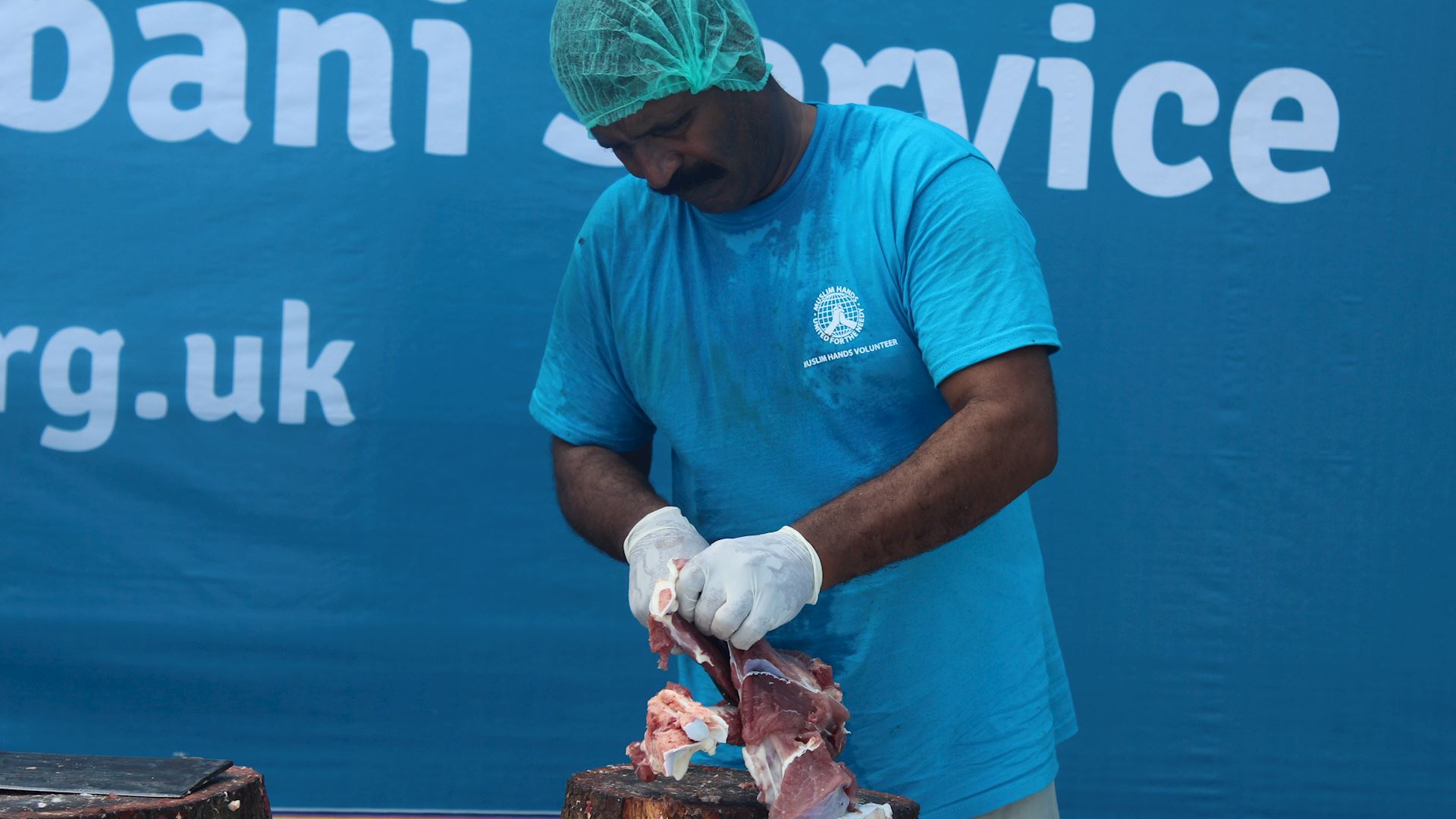
The tenth day of Dhul Hijjah is known as the day of an-Nahr (slaughtering), since it marks the end of the major rites of Hajj, and it is a day in which the Muslims slaughter a camel, cow, sheep or goat, in commemoration of the sacrifice of Ibrahim (as). Out of these ten best days, this day is the most excellent day of the year as seen in this hadith:
‘The Prophet (saw) said “the most excellent day with Allah is the day of an-Nahr, then the day of al-Qarr (the day that the Muslims reside in Minaa)”’. (Abu Dawood)
This sacrifice is an obligation upon all Muslims who have the means to do so. The Prophet (saw) said, ‘One who has the ability to sacrifice, but chooses not to do so, should not approach our place of (Eid) prayer’ (Ibn Majah). For those intending to sacrifice, they are strongly discouraged and even prohibited according to some scholars, from cutting their hair or nails, starting from the first day of Dhul Hijjah up until after the sacrifice. The Prophet (saw) said ‘When the ten days’ start, and one of you intends to sacrifice, then let him not cut his hair or his nails’.
The day of an-Nahr also falls on Eid al-Adha, which is the festival we celebrate as Muslims after the first ten days of Dhul Hijjah. The first thing we do on this day is pray the Eid prayer. After this the slaughtering of the animals is done. Then the meat is shared between relatives, neighbours and those in need, bringing all parts of the Ummah together to share in the blessings of this special day.





